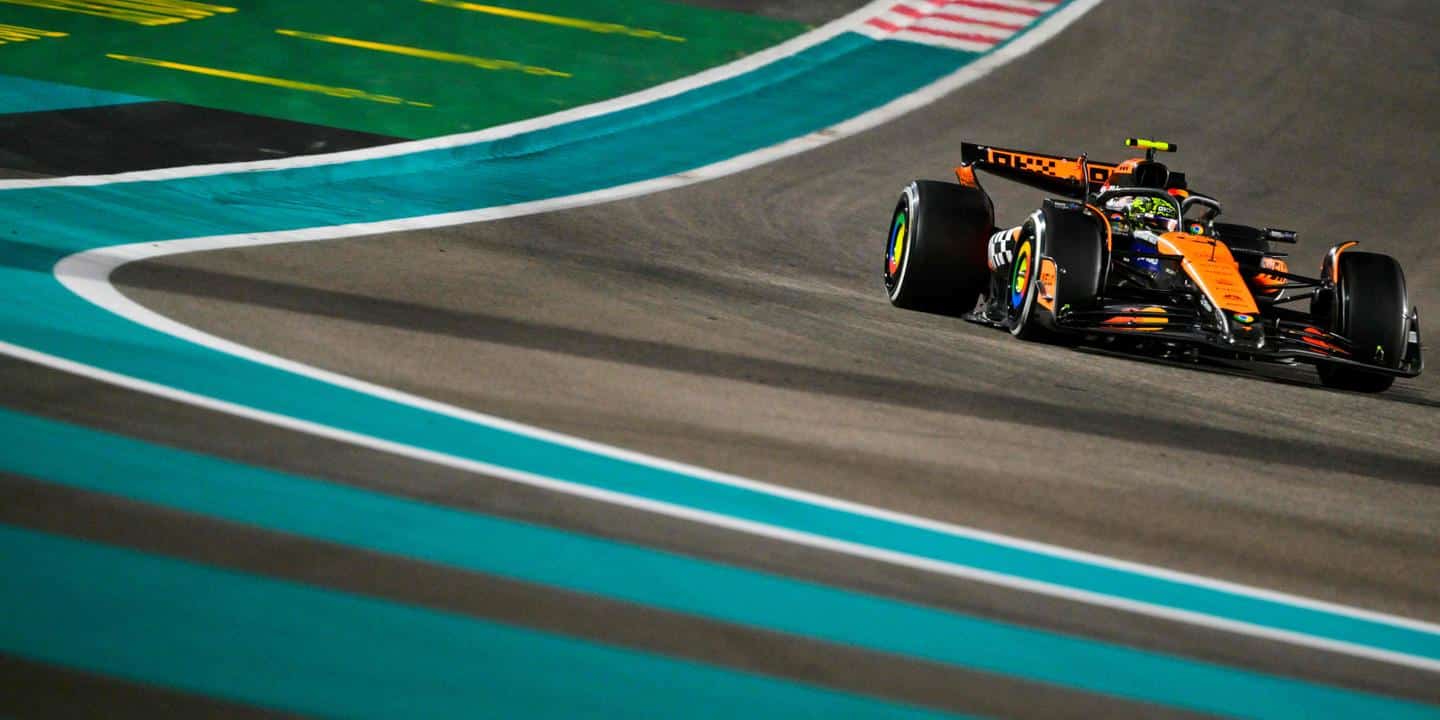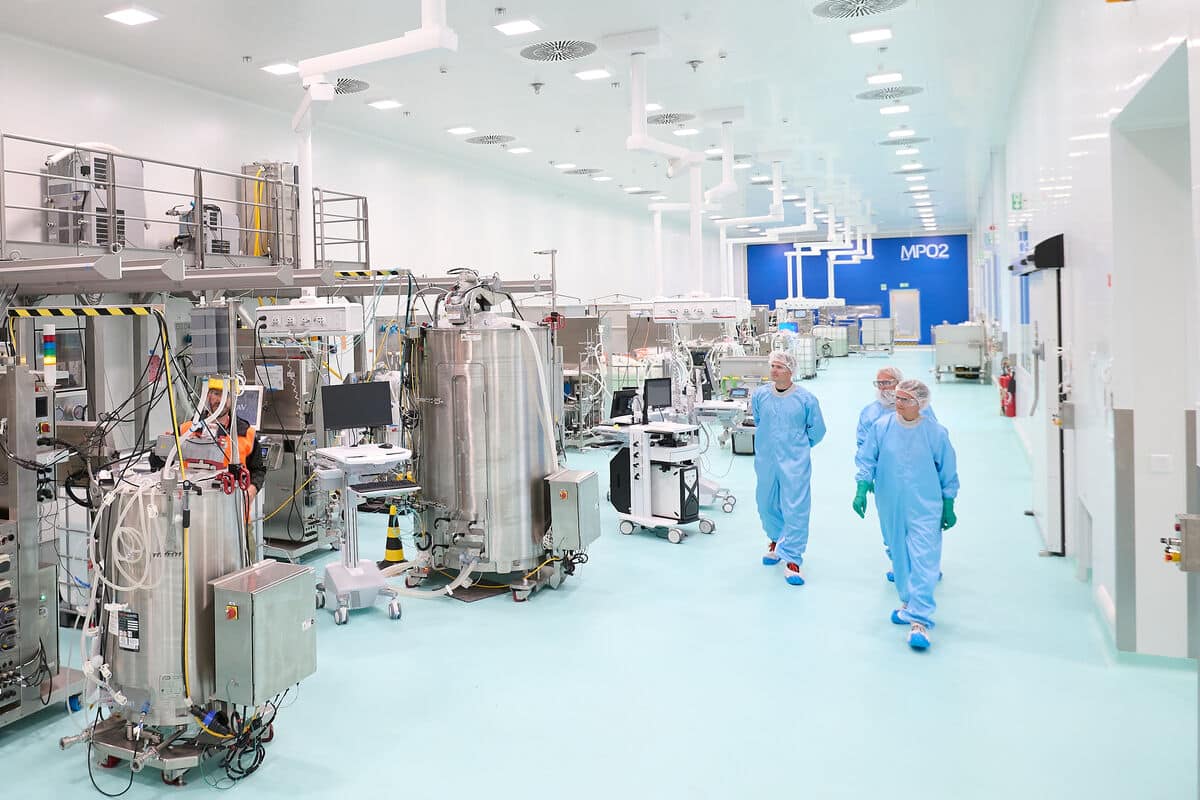In a world where innovation and competitiveness go hand in hand, unexpected alliances can transform entire sectors. This week, the news has been marked by an intriguing partnership between the pharmaceutical giant Sanofi and the famous Formula 1 team, McLaren. Together, they are joining forces to improve productivity within the pharmaceutical industry by leveraging McLaren’s sharp expertise in data analysis. At the same time, home appliances have made headlines for less glorious reasons, with a record fine of €611 million imposed on several manufacturers and distributors for price-fixing agreements. These two events highlight the fascinating duality of innovation and regulation in the industry. While a bold collaboration seems promising for the future of drug production, another case serves as a reminder of the imperative to uphold business ethics in an increasingly competitive environment. This week, these noteworthy events prompt us to reflect on the paths of digital transformation and the challenges that accompany it.

Table des matières
ToggleSurprising Partnership between Sanofi and McLaren: An Innovative Collaboration
In a constantly evolving technological landscape, the partnership between pharmaceutical giant Sanofi and Formula 1 team McLaren is a remarkable example of cross-sector collaboration. Since the beginning of their alliance in 2021, both entities have managed to leverage their respective expertise to enhance productivity and efficiency in Sanofi’s industrial processes. Indeed, this initiative merges the world of high-performance automobiles with that of healthcare to benefit the pharmaceutical industry.
This unprecedented partnership particularly capitalizes on McLaren’s technical expertise in data analysis. With over 300 sensors onboard each Formula 1 car, the team has developed a relevant method for collecting and analyzing data in real-time. By applying this to pharmaceutical production, Sanofi has managed to improve the utilization of its production lines by an average of 8% across several sites. Such a figure not only illustrates the operational advantages of such synergy but also opens the door to other similar collaborations in various sectors.
The Challenges of Home Appliances: Sanctions and Implications
In a very different context, the French Competition Authority announced severe sanctions against several players in the home appliances market. Ten manufacturers and two distributors will have to pay a total fine of €611 million for agreeing to maintain artificially high selling prices, thus hindering competition among themselves from 2007 to 2014. These anti-competitive practices raise crucial questions about ethics in the sector and the sustainability of the industry in an environment increasingly aware of business practices.
The data highlighted by the Authority reveal that these agreements contributed to harming consumers by keeping unfair prices for several years. This situation underscores the importance of effective regulation in sensitive sectors, where free competition must be preserved to ensure varied choices and fair prices. Beyond financial penalties, these agreements have implications for the reputation of the companies involved, potentially diminishing their brand image and attractiveness to investors.
Recommendations for the Industry: Towards Strengthened Ethics
In light of these significant events, it is essential for companies, particularly in the home appliance sector, to adopt a proactive approach to business ethics. Here are some practical recommendations:
- Implementation of Compliance Programs: Undertake a review of internal governance to ensure that all business practices comply with competition laws. This includes regular training to raise employee awareness of fair competition issues.
- Price Transparency: Adopt a transparent communication policy regarding pricing structures and pricing methods. This could rejuvenate consumer trust, especially after scandals related to fraud.
- Commitment to CSR: Strengthen Corporate Social Responsibility initiatives to include concrete commitments to ethics and integrity, going well beyond mere legal compliance.
In summary, the past week has seen contrasting landscapes emerge: on one side, the brilliant alliance between Sanofi and McLaren marking an advancement in innovation and efficiency, and on the other, the heavy repercussions within the home appliance sector highlighting the dangers of a unscrupulous business. These two cases call for deeper reflection on the ethical responsibility of companies and their ability to transform in the face of the challenges of digitalization and competition. The road is fraught with obstacles but also filled with opportunities, both for innovation and for the rehabilitation of the image of the industries concerned.






